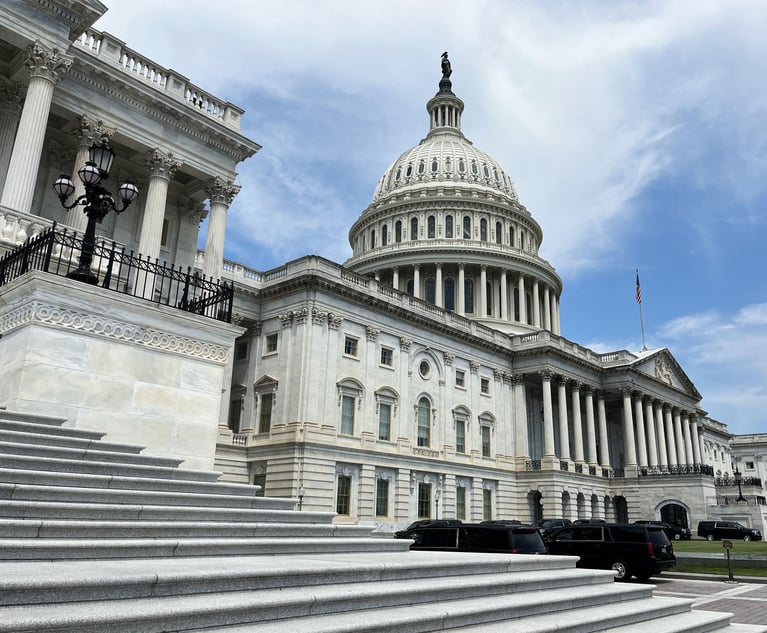Employers that use artificial intelligence — and developers that create AI systems — could be subject to extensive new laws under several bills introduced by federal legislators. While much of the existing legal landscape on AI centers on broad, overarching principles, Congress has been considering bills that hone in on more specific issues like the workplace. We’ll outline the three federal bills that employers should care about most, covering issues ranging from overreliance on automated decision systems — or “robot bosses” — to workplace surveillance — or “spying bosses.” As we are approaching the tail end of the 118th Congress, it is unlikely that the legislation mentioned will pass in its current form in 2024. That being said, we expect some or all of the bills to be re-introduced in the next legislative session.
Existing Federal AI Rules and Initiatives
Over the past several years, the federal government has ramped up its efforts to govern the development, design, and usage of AI. Here’s a sample of the laws, guidance, and standards already in place:
- The AI in Government Act (enacted in 2020) requires the U.S. Office of Personnel Management to identify the skills and competencies needed for AI-related federal positions. The National AI Initiative Act (enacted in 2021) establishes an overarching framework for a national AI strategy and federal offices and tasks force to implement it. The AI Training Act (enacted in 2022) requires the U.S. Office of Management and Budget Director to establish or provide an AI training program for the acquisition workforce and other purposes.
- The EEOC AI and Algorithmic Fairness Initiative (launched in 2021) requires AI tools used for hiring and other employment decisions to comply with federal equal employment opportunity laws. EEOC guidance issued in 2022 makes it clear that employers’ use of software, algorithms, and AI for assessing job applicants and employees may violate the Americans with Disabilities Act. And another EEOC technical assistance document released last year warns employers that the agency will apply long-standing legal principles in an effort to find possible Title VII violations related to the use of AI with employment-related actions.
- The Executive Order On Safe, Secure, and Trustworthy AI (issued in 2023) contains new AI standards covering nearly every aspect of our daily lives, including many employment-related items such as initiatives to prevent AI-based discrimination. The executive order built on the White House’s Blueprint for an AI Bill of Rights (released in 2022). We previously covered the key employer takeaways in the executive order and the blueprint, which you can read here and here.


 Photo: Diego M. Radzinschi/ALM
Photo: Diego M. Radzinschi/ALM




